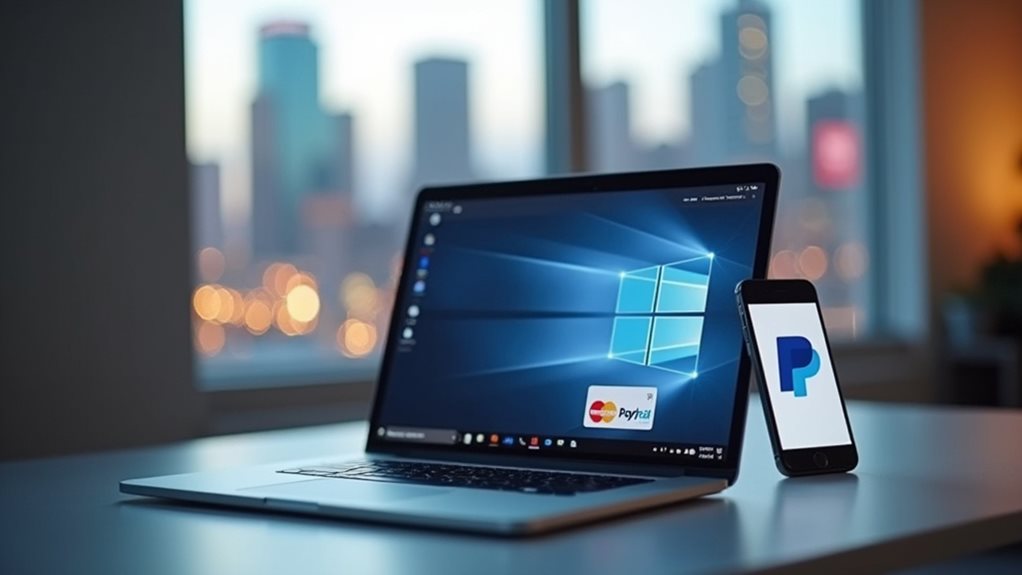Robinhood’s European expansion is shaking up traditional finance with a bold blockchain play. By combining Solana’s speed and Arbitrum’s efficiency, they’re aiming to slash $20 billion in annual settlement costs while offering tokenized U.S. securities trading. The Lithuanian-licensed venture could revolutionize how stocks trade across borders. Yeah, crypto revenues took a hit, but that’s not stopping them. With heavyweights like BlackRock showing interest, this could be the future of trading – if they pull it off.

Robinhood is charging into Europe with a bold blockchain gambit. The trading platform isn’t just dipping its toes in the water – it’s diving headfirst into tokenized U.S. securities trading, and it’s bringing some heavy hitters along for the ride. Solana and Arbitrum, two of crypto’s darling networks, are joining forces with Robinhood to make this ambitious plan work.
Let’s be real – this isn’t your average expansion play. Robinhood snagged a Lithuanian brokerage license (yes, Lithuania) to crack open the EU market, and they’re not stopping at simple crypto trades. They’re going full throttle with a platform that could slash billions in settlement costs. Twenty billion dollars annually, to be exact. That’s not chump change. Major firms like BlackRock and Franklin are already proving the demand for tokenized products.
The timing couldn’t be more interesting. Robinhood’s crypto trading revenue took a 35% nosedive in quarterly volumes, yet they’re still pulling in $252 million from crypto in Q1 2025. Talk about needing to diversify. This new blockchain platform isn’t just a fancy tech upgrade – it’s their ticket to steadier revenue streams beyond the crypto roller coaster. With stablecoin adoption reaching new heights in cross-border transactions, the platform’s timing aligns perfectly with market trends.
What makes this plan particularly spicy is the tech stack. Solana’s blazing-fast layer-1 and Arbitrum’s efficient layer-2 solutions aren’t just buzzwords – they’re the backbone of what could revolutionize how Europeans trade U.S. stocks. The whole setup promises to make cross-border trading less of a headache, with faster settlements and fewer middlemen taking their cut. CEO Vlad Tenev has emphasized that tokenized private stocks are particularly appealing to U.S. investors.
Robinhood isn’t just playing around with blockchain for show. They’ve already got their feet wet in Europe with crypto trading and UK stock services. Now, with Bitstamp under their belt and this new tokenization platform in the works, they’re positioning themselves as the cool kid in European fintech.
It’s a bold move that could either redefine blockchain trading or become another crypto pipe dream. But one thing’s clear – Robinhood isn’t afraid to bet big on blockchain’s future in traditional finance.









